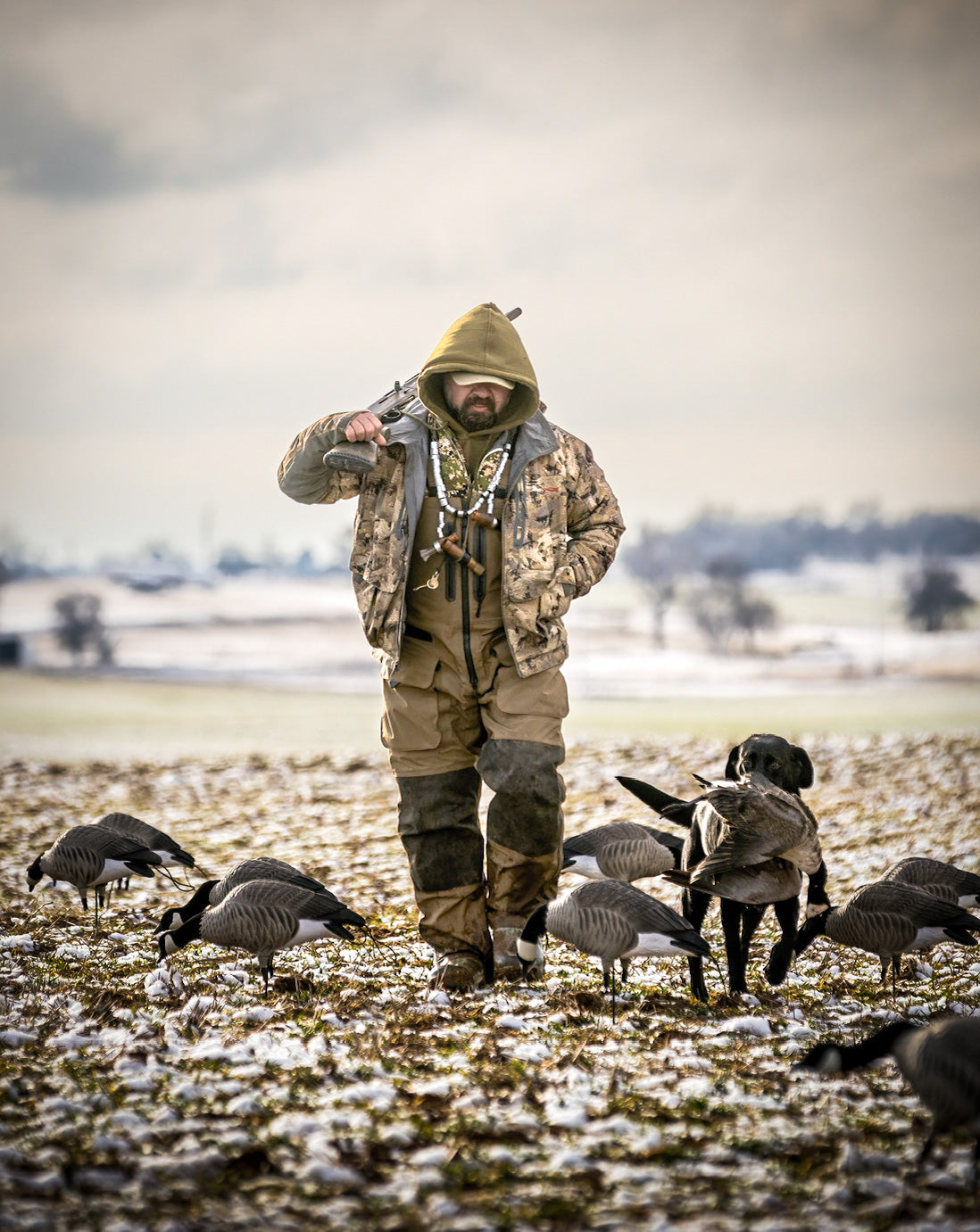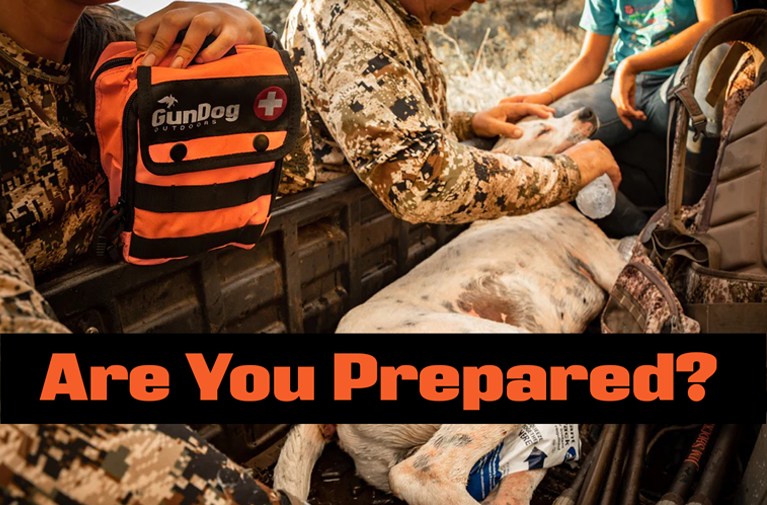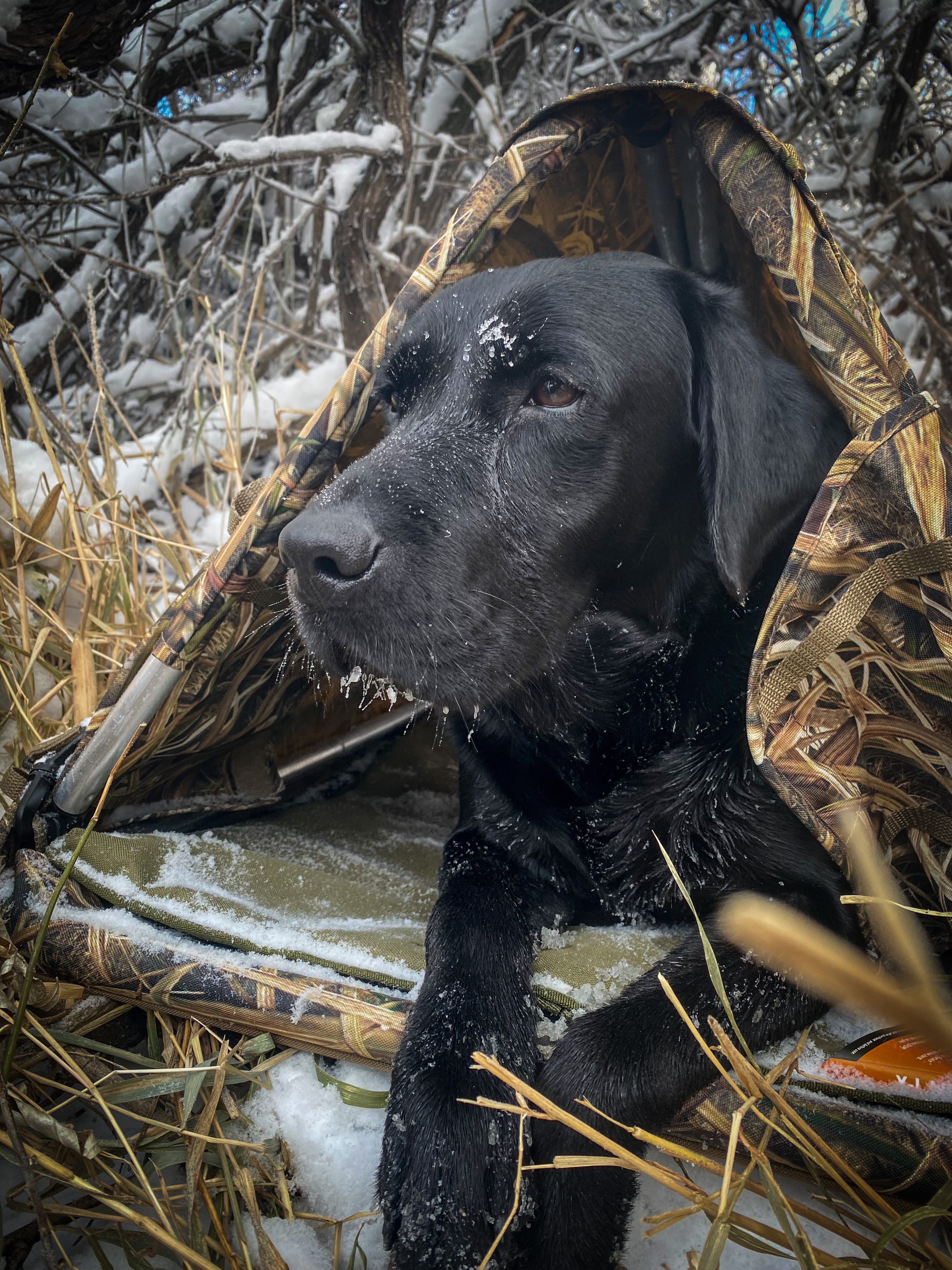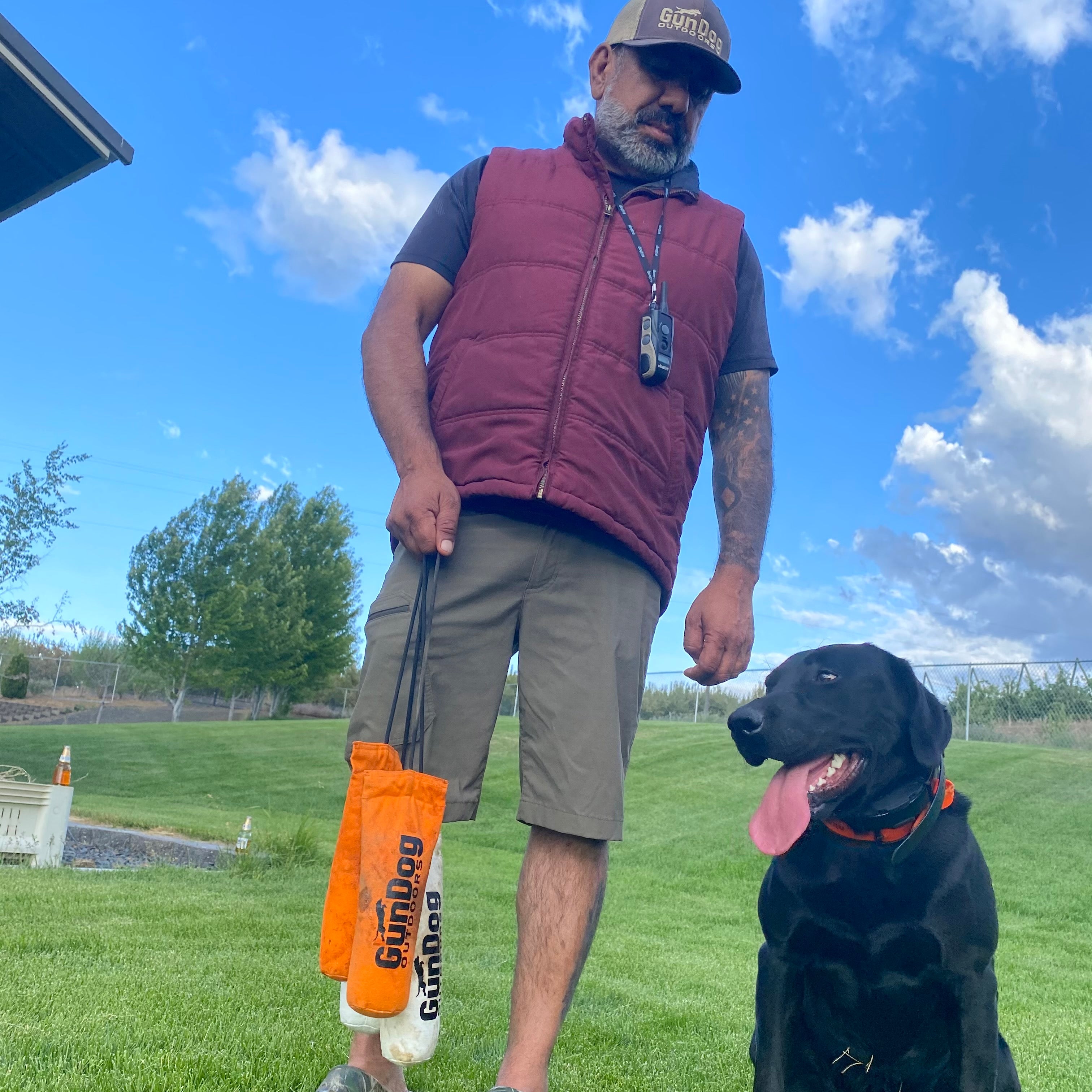The waterfowl season is over...now what.
After we’ve stored that trailer full of decoys, and tucked our last layout blind in the corner of that old barn, so many of us die-hard waterfowl hunters find ourselves in a state of quandary. On one hand we are relieved, the waking up at 4 in the morning, stumbling out of bed, walking in a zombie-like-state trying to get all the gear we set out the night before into our mud covered truck without waking up the household of sleeping loved ones. Firing up our frost covered truck to drive on slick frozen roads to our favorite convenience store so you can grab a cup of hot coffee and some blind snacks, while making small talk with the clerk that knows you so well by now, then driving an hour or more to meet our buddies at the predesignated field you watched 200 large canada geese the day before. Setting up a trailer full of decoys, laying out for hours calling to flocks of geese as some fly over and others find themselves in the perfect hole you created only a few hours earlier. Then taking pictures, giving high fives, packing everything up, hitting the road again, driving around for hours to find your next hunt as you make your way home to clean your harvest from earlier that day. Shoveling down your dinner, so you can get on the phone to talk to your hunting buddy to get the final scouting report, so you can decide where to meet the next day before getting to bed at 11 o’clock (if you’re lucky), only to rinse and repeat the next day.

Those long grueling days are finally over. We can sleep in, getting some much needed rest after 4 to 6 months of chasing our quarry up and down the flyway. But after that first week, once we’ve wiped that sleep out of our eyes, we realize we have a long time before we are able to feed that addiction of filling our straps once again. We do things like fish, or chase spring gobblers, or try to spend as much time with our loved ones so they will allow us chase our obsession once again. All these things keep us busy, but in reality it just doesn’t replace the love we have of waterfowl hunting. Now there are things we can do and should do, to prepare ourselves for the next season. Here are some things you can do to keep you sharp and ready for the next migration.
Train your dog. This is something you should do almost every day to keep our four legged athletes in shape and sharp. Work on making them even better next year. Work on long retrieves, work on steadiness, work on blind retrieves but more importantly work on feeding their infatuation to retrieve.

Practice your calling. A duck and goose call is like a musical instrument. If you don’t practice you can’t improve and you can get rusty, giving your hunting parters ammunition to throw back at you in the blind when you hit that wrong note and blow out that flock of finishing mallards.

Practice your shooting. The more a person shoots the better they get at shooting moving objects, improving their eye hand coordination. A good shooting crew will always out harvest a poor shooting crew. Good shooters making for faster hunts and prolonging the life of a field by getting in and out.

Clean and repair your equipment. Repair blinds, clean and repaint decoys. Modern day equipment is expensive and it takes a beating during our long seasons. The better you take care of it, the longer life it will have to help you do your work in the field.
Scout out new hunting spots. Meet farmers and landowners offering your services in return for the use of their land during the fall and winter months. With technology, lots of scouting of new spots can be done from your computer. Locate spots and then physically go to them to see if you can hunt them. Can you walk in, can you boat in, is the water shallow enough for feeding ducks (15 inches is optimum). The more you learn about your areas you hunt the less time you need to spend during the season trying to figure out how to kill those birds that are now using them.

Build or repair hunting blinds. Anyone who's purchased a lot of duck stamps through the years knows that in order to hunt in a comfortable duck blind, there's a ton of work that goes into it. From building new blinds, to repairing weather tattered old blinds, to the actual brushing of the blinds, it all takes work, lots of it. Create, design, build a comfortable place for you and your friends to get out of the weather kicking back and cooking a warm meal.

Visit waterfowl trade shows. There are waterfowl trade shows throughout the country where you can put your hands on new products talking to the vendors, sit through seminars learning a new trick or answering questions you might have, enter calling contests and rubbing elbows with some of your favorite waterfowl personalities.

Waterfowling is an amazing sport that is full of history and heritage. It brings friends and family together. It teaches us about respecting the outdoors and the conservation of migratory birds. A true waterfowl hunter can and should live the lifestyle almost year round.







